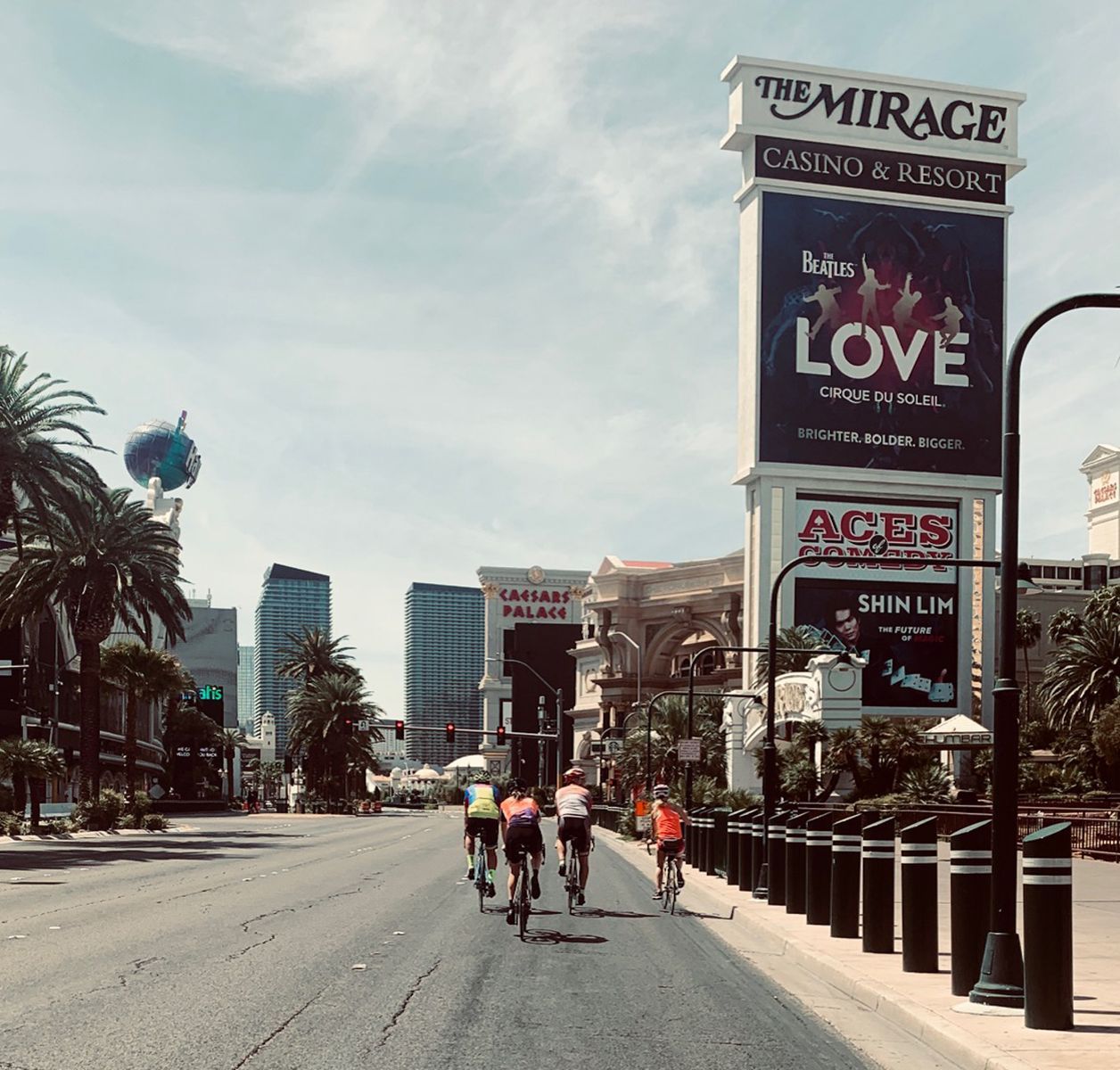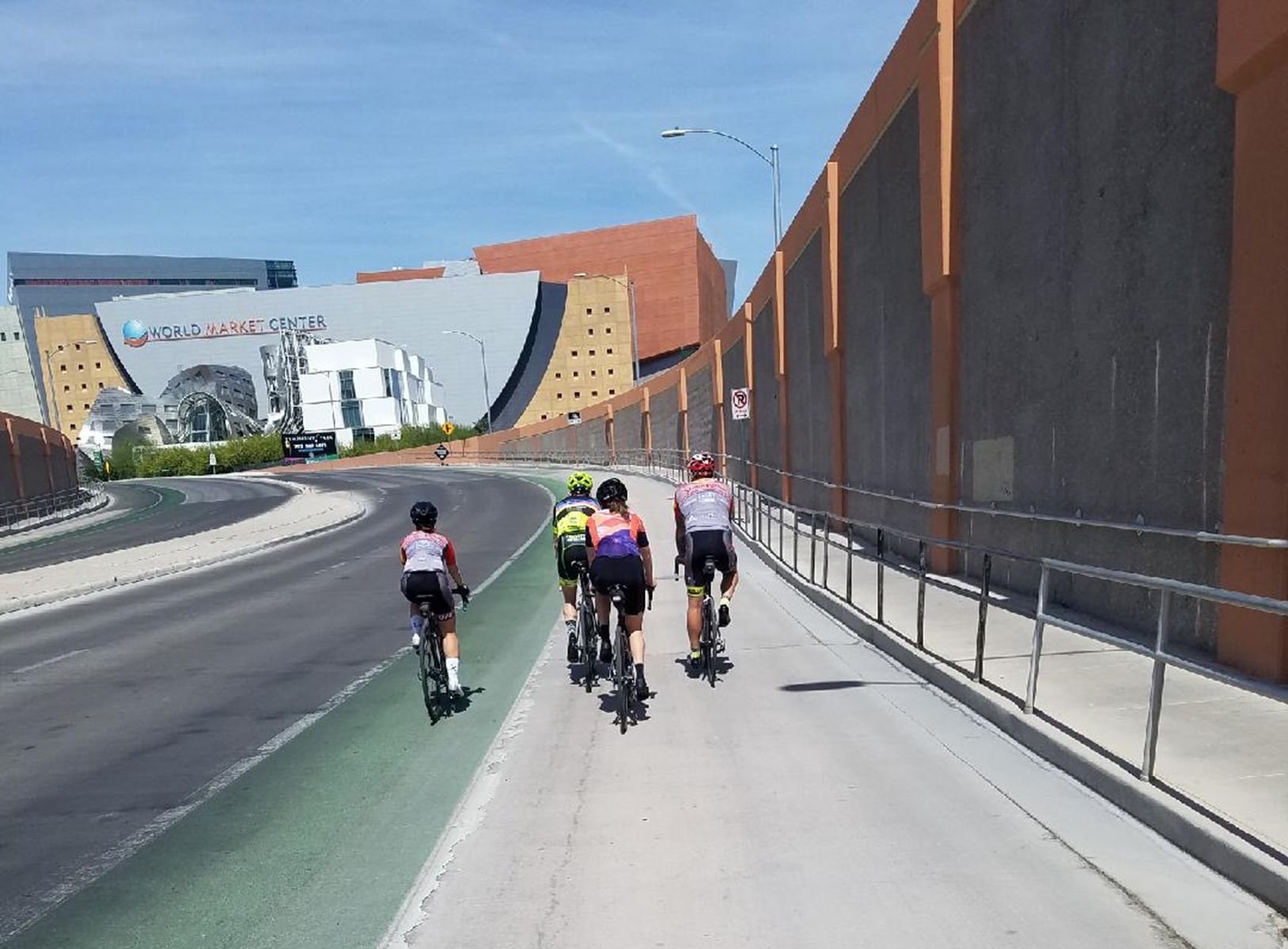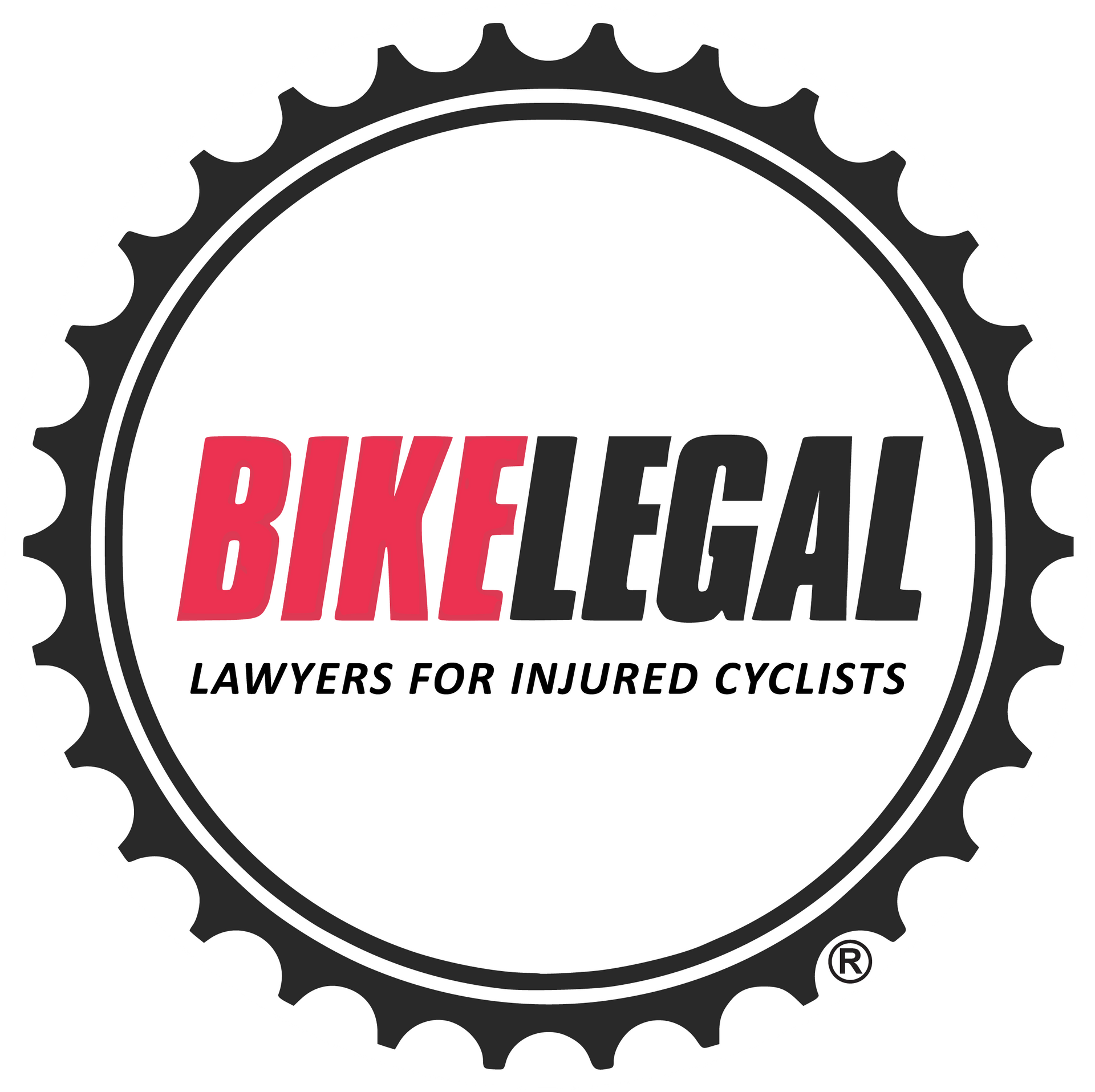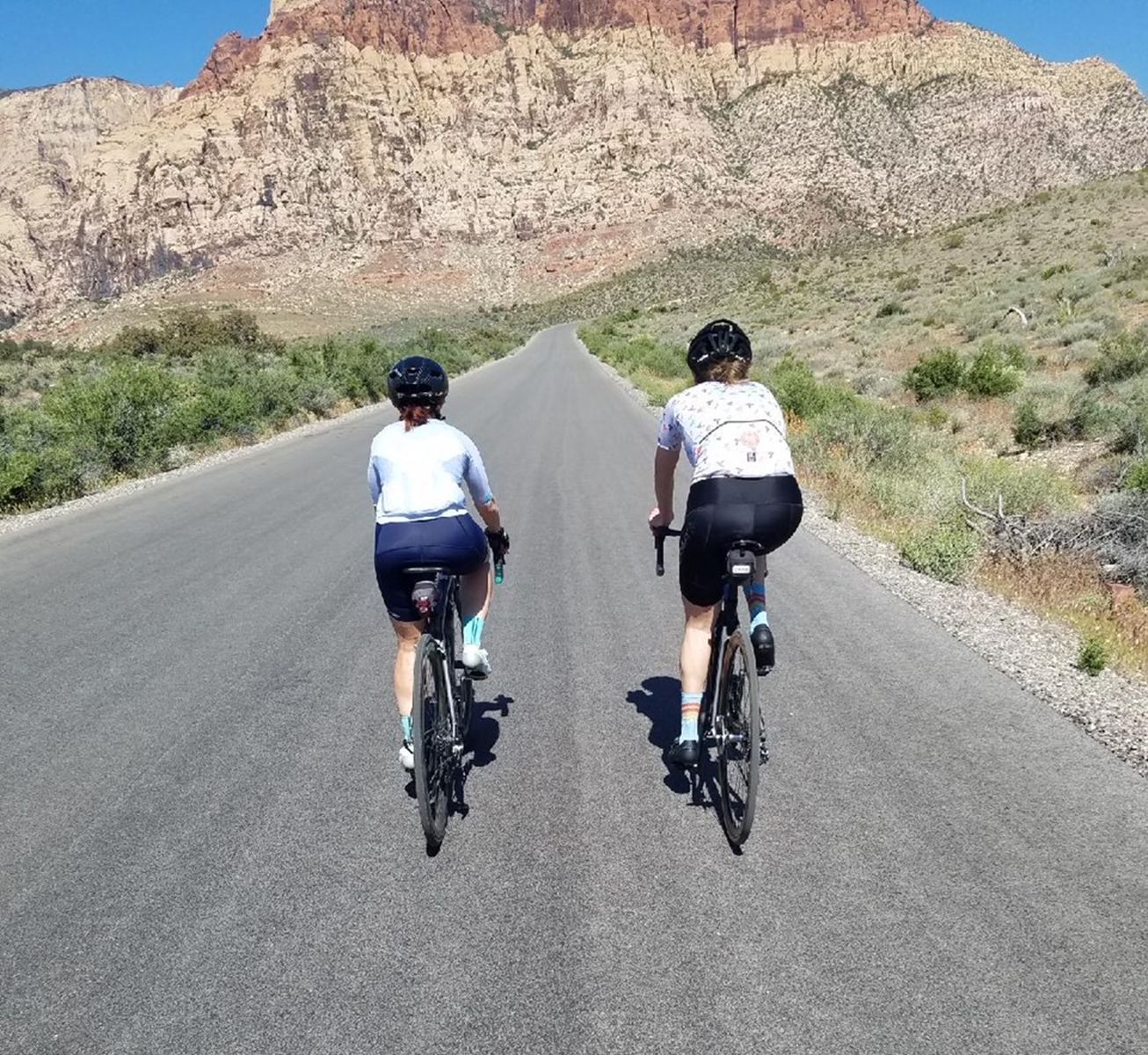LAS VEGAS BICYCLE ACCIDENT ATTORNEY
LAWYERS FOR INJURED CYCLISTS
BIKE LEGAL -Top-Rated Las Vegas Bicycle Accident Lawyer
Cycling in Nevada
Cycling in Nevada offers a unique experience that stands out due to the state's diverse landscapes, ranging from the arid Mojave Desert to the snow-capped Sierra Nevada mountains. This variety presents cyclists with a wide range of terrains and climates, making it a versatile destination for road and mountain biking.
Nevada's routes often boast breathtaking natural scenery, such as Red Rock Canyon and Lake Tahoe's crystal-clear waters. The state's extensive network of trails and bike paths caters to all skill levels, from leisurely scenic rides to challenging mountain trails.
The varied terrains provide excellent training grounds for endurance and altitude training. Mild winters in certain parts of Nevada allow for year-round cycling. Moreover, events like the Tour de Tahoe offer a community aspect for cycling enthusiasts.
However, the extreme summer heat, particularly in desert areas, can be challenging and potentially dangerous for cyclists. In more remote areas, services and amenities might be sparse, requiring careful planning. Additionally, some of the more scenic routes can be popular with motorists, posing safety concerns for cyclists sharing the road. Cycling in Nevada is a rewarding experience for those prepared for its diverse conditions and willing to explore its unique landscapes.

Have you been injured in a bicycle accident?
Contact the best team of cycling accident attorneys
in Las Vegas, Nevada
Today for your free consultation
Call 877-BIKE LEGAL
Resources for Nevada Cyclists
- Nevada DOT Bicycle Information: Bicycle Nevada
- Nevada Bicycle Traffic Laws and Safety: DMV Nevada
- Bicycle Advocacy Group: Southern Nevada Bicycle Coalition
- Southern CA and Nevada Cycling Association: SCNCA
- Northern CA and Nevada Cycling Association: NCNCA
Nevada Bicycle Laws by Professional Cycling Attorneys In Las Vegas
Nevada's bicycle laws are designed to ensure the safety of cyclists and promote their harmonious interaction with motor vehicles. These laws are relatively straightforward compared to many other states in the U.S. and cover a wide range of situations from road sharing to night riding.
Riding With Traffic
- Three Feet of Clearance: Nevada enforces the three feet of clearance law, requiring cars to maintain a three-foot distance from cyclists. On multi-lane highways, cars must give a full lane of space to cyclists.
- Cyclists’ Road Position: Cyclists must ride as far to the right as possible, except when it’s unsafe, when turning left, or when traveling as fast as surrounding traffic.
- Bike Lanes and Paths: Cyclists are required to use bike lanes where available. However, there are no specific rules about using bike paths parallel to roads, though it's advisable.
- Riding in Groups: Cyclists may ride two abreast, but it's recommended to ride single file in traffic for courtesy.
General Cycling Laws
- Bikes as Vehicles: Bicycles are considered vehicles and must obey the same laws, including signaling before turns or lane changes and obeying traffic signs.
- The Idaho Stop Law/Stop as Yield: Nevada observes a version of this law, allowing cyclists to proceed through a stale red light if it fails to detect them.
- Penalties: Cyclists receive the same fines and punishments as drivers for traffic violations.
Riding Safely
- Lights: Cyclists must have a front headlamp with a white light visible from 500 feet, reflective materials or side lamps visible from 500 feet, and a red rear reflector visible from 50 to 300 feet. This is required by law at any time from one-half hour after sunset to one-half hour before sunrise.
- Helmets: While riding without a helmet is not illegal, it is strongly advised for safety.
- Brakes Requirement: Bikes must have brakes capable of making the wheels skid on dry, level, clean pavement.
- Awareness: Cyclists should always be mindful of their surroundings, including other traffic, cyclists, and pedestrians.
Electric Bikes in Nevada
- Definition and Restrictions: Electric bikes are defined as two or three-wheeled bikes with an automatic transmission and a motor of less than 750W, with a maximum speed of 20mph on level ground.
- Licensing and Registration: No licensing or registration is required, but helmets are mandatory.
-
Road Laws: Electric bikes must be ridden far to the right and obey all road laws and rules.
Why You Should Chose BIKE LEGAL as Your Nevada Bicycle Accident Attorney
Selecting the right attorney after a bicycle accident in Las Vegas, Nevada is crucial for ensuring fair representation and compensation.
- Specialized Expertise: Bike Legal specializes in Las Vegas bicycle accidents and is well-versed in both Nevada state and local bicycle laws that pertain to cyclists. This expertise is essential in navigating the complexities of cycling-related legal cases.
- Understanding of Cyclist Needs: As cyclists ourselves, we possess an in-depth knowledge of the unique challenges that cyclists are faced with. This includes extensive experience with the types of injuries cyclists suffer and the long-term impacts these can have.
- Experience with Similar Cases: Bike Legal brings a wealth of relevant experience. This includes familiarity with common accident scenarios, knowledge of how to deal with insurance companies, and understanding the best strategies for pursuing compensation.
- Advocacy for Cyclist Rights: Bike Legal is dedicated to advocating for cyclist's rights in Nevada. This is beneficial not only for individual cases but also in contributing to broader efforts to improve cycling safety and infrastructure.
- Community Involvement: Bike Legal has strong ties to the local cycling community. This involvement provides additional insights into the cycling culture and the specific issues faced by cyclists in Nevada.
- Personalized Service: Bike Legal is committed to exceptional and personalized customer service. This includes empathetic handling of your case, and understanding the emotional as well as the physical impact of your accident.

Tips for Bicycle Safety in Las Vegas by Bike Legal
- Always Wear a helmet:
Although Nevada law only requires helmets to be worn by children under the age of 16, a bicycle helmet is your only defense against head injuries. Learn more in The Truth About Your Cycling Helmet.
- Be Visible:
Wear reflective clothing and use a headlight and tail light even during the day
- Obey Traffic and Cycling Laws:
Cyclists must obey all traffic regulations.
- Check Your Bicycle:
Regularly inspect your bicycle for mechanical issues, including air pressure, brakes, tire wear, chain, and lights.
- Be Predictable and Use Hand Signals:
Use hand signals to indicate turns and lane changes to alert drivers and other cyclists.

